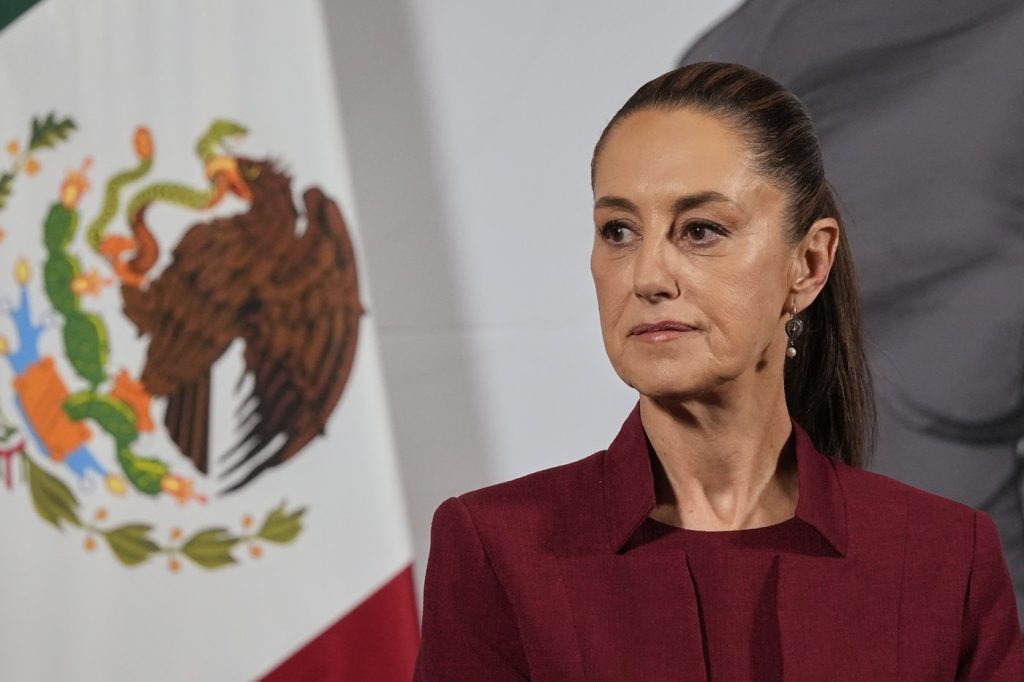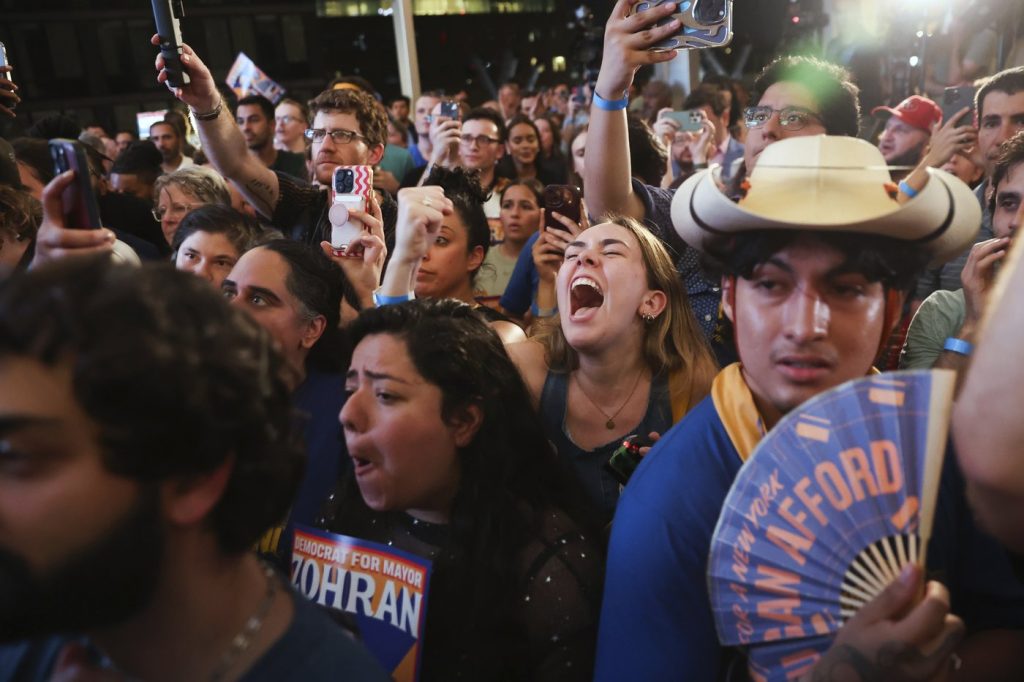MEXICO CITY (AP) Mexican President Claudia Sheinbaum responded strongly on Thursday to the sanctions imposed by the U.S. government aimed at blocking transactions from three Mexican financial institutions. She asserted that the U.S. had not presented any evidence to support its allegations of money laundering against these institutions.
Following the sanctions, which were announced by the U.S. Treasury Department on Wednesday, Mexico's banking authority took immediate action by temporarily assuming control of two of the implicated institutions, CIBanco and Intercam Banco, in an effort to safeguard creditors' interests. The U.S. Treasury accused these banks, along with the brokerage firm Vector Casa de Bolsa, of facilitating millions of dollars in money transfers for Mexican drug cartels.
During her morning news briefing, President Sheinbaum emphasized the lack of evidence from the Trump administration to substantiate these serious accusations. She stated, "The Treasury Department hasn’t provided a single piece of evidence to show that any money laundering was taking place. We aren’t going to cover for anyone; there isn’t impunity here." She called for the U.S. to demonstrate any wrongdoing with substantial proof rather than mere allegations.
The banks targeted by the sanctions rejected the U.S. claims, echoing Sheinbaum's insistence on the absence of evidence. Brokerage firm Vector vehemently denied the allegations, asserting its commitment to institutional integrity. Intercam Banco also issued a statement refuting any involvement in illegal activities. Notably, Vector is owned by Alfonso Romo, a former chief of staff to ex-President Andrés Manuel López Obrador.
Manuel Somoza, president of strategy at CIBanco, responded to the situation by stating that they became aware of the sanctions at the same time as the public announcement. He argued that the sanctions did not constitute formal legal accusations but rather an ongoing investigation. Somoza expressed his desire for American authorities to investigate their operations directly, emphasizing, "Our books are open." He noted that unfounded rumors could severely damage their reputation.
According to current U.S. law that governs such sanctions, the Treasury Department can enact these measures with minimal public evidence, provided they possess “reasonable grounds” to suspect the institutions’ involvement in money laundering linked to drug trafficking. Sheinbaum reported that Mexican financial regulators were alerted to the U.S. accusations prior to the announcement and conducted their own investigations, which revealed "administrative infractions" but not the levels of wrongdoing alleged by U.S. officials.
Despite the findings of the Mexican financial authorities, the National Banking and Securities Commission opted to oversee the management of CIBanco and Intercam Banco to protect public savers and creditors. The U.S. Treasury Department's order is set to take effect in 21 days and alleges that these institutions facilitated substantial money transfers to U.S. banks from Chinese companies, claiming the funds were used to purchase chemicals for producing fentanyl.
Sheinbaum countered these allegations by pointing out that their own investigations highlighted the strong trade relationships between these Mexican banks and Chinese clients, arguing it was indicative of a robust bilateral trade rather than illegal activity. She also underlined the geopolitical dimension, noting that China has been the primary source of chemical precursors for fentanyl production in Mexico, which U.S. authorities have been trying to restrict.
In her remarks, Sheinbaum conveyed her frustration with U.S. officials, reminding them that Mexico is a sovereign nation deserving equal treatment. "We’re no one’s piñata," she asserted, calling for the respect that Mexico warrants in international relations.












